Email remains a foundational element of any comprehensive marketing strategy. As Gartner emphasized earlier this year, email marketing continues to be a staple for marketing leaders, “Prized for its effectiveness, measurability and the customer insights it yields.”
Gartner is preaching to the choir — Stensul knows the impact email marketing programs can have in terms of achieving measurable outcomes. And so do our partners, an impressive list of leading ESPs and MAPs, along with our newest partner Workfront, a top work management platform.
When it comes to the email marketing industry, Stensul’s partners are among the most respected in the business. That’s why we’ve turned to them to identify the top email marketing insights from this year — no surprise to us, their wealth of knowledge did not disappoint. Some of these might sound familiar, but that’s because the insight and advice stands the test of time.
Top Email Marketing Insights of 2020
1. Oracle: Managing inactive email subscribers is key to list health and deliverability success.
“Having clear programs in place to address both long-term inactives and never-actives is vital to both list health and your deliverability. While there’s always an element of pain in moving an email address off your active mailing list, failing to properly manage your disengaged subscribers jeopardizes your ability to reach your subscribers who are active, engaged, and converting.”
In the blog post “Managing Inactive Subscribers: Both Long-Term Inactives and Never-Actives,” Oracle offers a step-by-step plan for decluttering your email list and managing both long-term inactives and never-actives subscribers.
2. Iterable: The ROI of personalization is with the effort and time it takes to implement within your email marketing campaigns.
“Personalization is more than a simple tactic to drive clicks and conversions. Personalization is rooted in strategy, crafted in execution and manifested inside customer experience. Buzzwords aside, personalization is a process. But, the results are worth it. Ad Age found that 80% of consumers do business with companies offering personalized experiences.”
In the blog post, “The 4 Foundational Pillars of Personalization,” Iterable provides email marketers with a comprehensive overview of the four crucial components of email personalization: User segmentation, lifecycle mapping, workflow building and dynamic content.
3. Salesforce Pardot: Establishing “consent and compliance” processes remains a priority.
“A hands-off approach to privacy and compliance will negatively impact audience experience, damage trust in your brand, or and lead to opt-outs and unsubscribes. Protecting customer privacy and instilling trust in your audience are now fundamental, and it’s essential to build privacy controls into every customer journey.”
In the blog post, “The Five Questions You Need to Ask Before Implementing a Consent and Compliance Process,” Salesforce Pardot reminds email marketers that user consent and privacy is not only critical to email marketing success, but to the overall customer experience.
4. Acoustic: Don’t get bogged down in the data — focus on the metrics that drive the biggest rewards.
“We can often get bogged down in channel metrics, specific campaign metrics, and other competing priorities from organizational initiatives which makes it much too easy to lose sight of the key stats than can help baseline performance month after month. These basic metrics [conversion rates, average order value and total unique visitors], while simple, are critical in helping you easily see how current campaigns, site improvement, or other website changes are impacting performance, whether it’s online revenue or overall engagement.”
In the blog post, “Three basic metrics that drive site engagement and revenue,” Acoustic highlights how conversion rates, average order value and total unique visitors can help email marketing drive more engagement and revenue from campaigns.
5. Workfront: Involve all campaign stakeholders throughout the project to enable more agile work processes and improved outcomes.
“Having a centralized work management platform that improves collaboration and helps stakeholders integrate their campaign deliverables into existing workflows is essential. ‘When you’re working on a campaign, you want to make sure you’re transparent and collaborative from start to launch. You need the support and the partnership of all key stakeholders within the business,’ says DeShelia Spann, Campaign Manager at Lenovo.”
In the blog post, “Execute flawless campaigns—under pressure and on time—with work management,” Workfront shares how top marketing experts use collaborative work management platforms to create agile processes.
While this is a handful of insights, we’d be remiss not to add our own. If there was one theme that came through loud and clear this year, it was the need to bring more speed and agility to the email creation process. We’ve covered a number of reports that support the need to adopt agile workflows, from Gartner’s 2020 Marketing Technology Survey to McKinsey’s report that found, “Faster organizations outperform others by a wide margin on a range of outcomes, including profitability, operational resilience, organization health and growth.”
But it was our interview with AgileSherpas Co-founder Andrea Fryrear that drove home just how important an agile email creation platform is when it comes to creating effective and efficient workflows:
“There’s a lovely old agile value of ‘individuals and interaction over processes and tools’ which I think remains totally valid. But within those statements we understand that the second item doesn’t go away or lose value entirely,” said Fryrear, “Having the right digital tools can either make agile run more smoothly or become a major impediment.”




